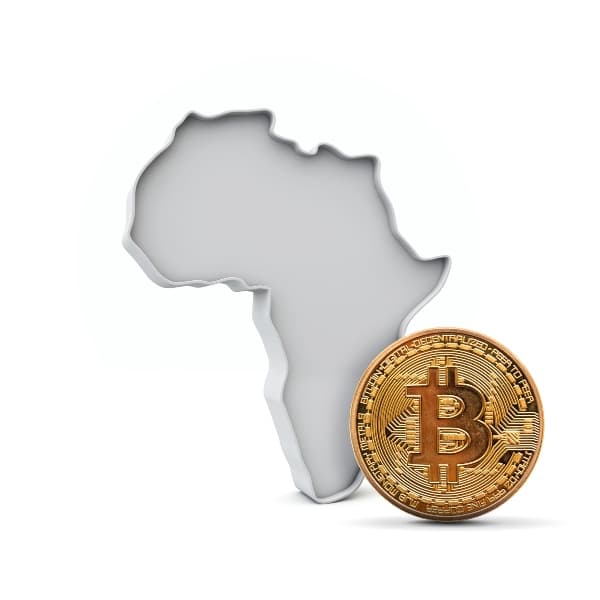
The decision taken a few weeks ago by the Central African Republic (CAR) has been described as risky according to the IMF.
CAR had announced that it was adopting Bitcoin as legal tender, alongside the CFA Franc.
IMF disagrees with Central African Republic’s choice

The African country does not have its own currency, and traditionally uses the CFA franc. Like El Salvador, which does not have its own currency but uses the US dollar, CAR has decided to add Bitcoin to the foreign currency already in use in the country.
However, this move did not please the International Monetary Fund (IMF), so much so that it was described as worrying.
This was revealed by Bloomberg, citing strong criticism from opposition parties over the CAR government’s decision, especially since it was made without consulting their central bank, the Banque des États de l’Afrique centrale (BEAC).
CAR is by far one of the poorest nations in the world, and if it loses the IMF’s support it could face further financial problems.
In an email sent by the IMF to Bloomberg, the fund writes:
“The adoption of Bitcoin as legal tender in C.A.R. raises major legal, transparency, and economic policy challenges. IMF staff are assisting regional and Central African Republic’s authorities in addressing the concerns posed by the new law”.
According to the CAR government, the adoption of Bitcoin could stimulate economic growth in the country, as has already happened in El Salvador, but there are those who argue that it is also an attempt to disengage from the financial control of the French central bank, as the CFA franc is printed by the Banque de France.
The comparison with El Salvador
It is worth pointing out that the benefits obtained by El Salvador after the adoption of Bitcoin as legal tender seem to have been significant only in the first months, while now they seem to be in a seemingly stalled phase, so much so that the so-called Volcano Bonds have not yet been issued.
CAR’s choice to adopt Bitcoin as legal tender in April 2022 was probably not made at the best time, whereas El Salvador certainly made its choice at a more propitious moment.
At this point, it will be necessary to evaluate whether the advantages for the Central African State will really be greater than the risks, or whether the choice was made at an inopportune moment.
This is also because Internet use in the country is still very limited, so there is a serious risk that the positive impact of this decision will be small.
It is worth noting that this is a state that is not only poor, but also recently emerged from a civil war, which ended in 2014.
The situation is difficult and complex, and there is no guarantee that Bitcoin will really be able to help a country with so many problems.
The post Central African Republic, Bitcoin adoption risky for IMF appeared first on The Cryptonomist.



















